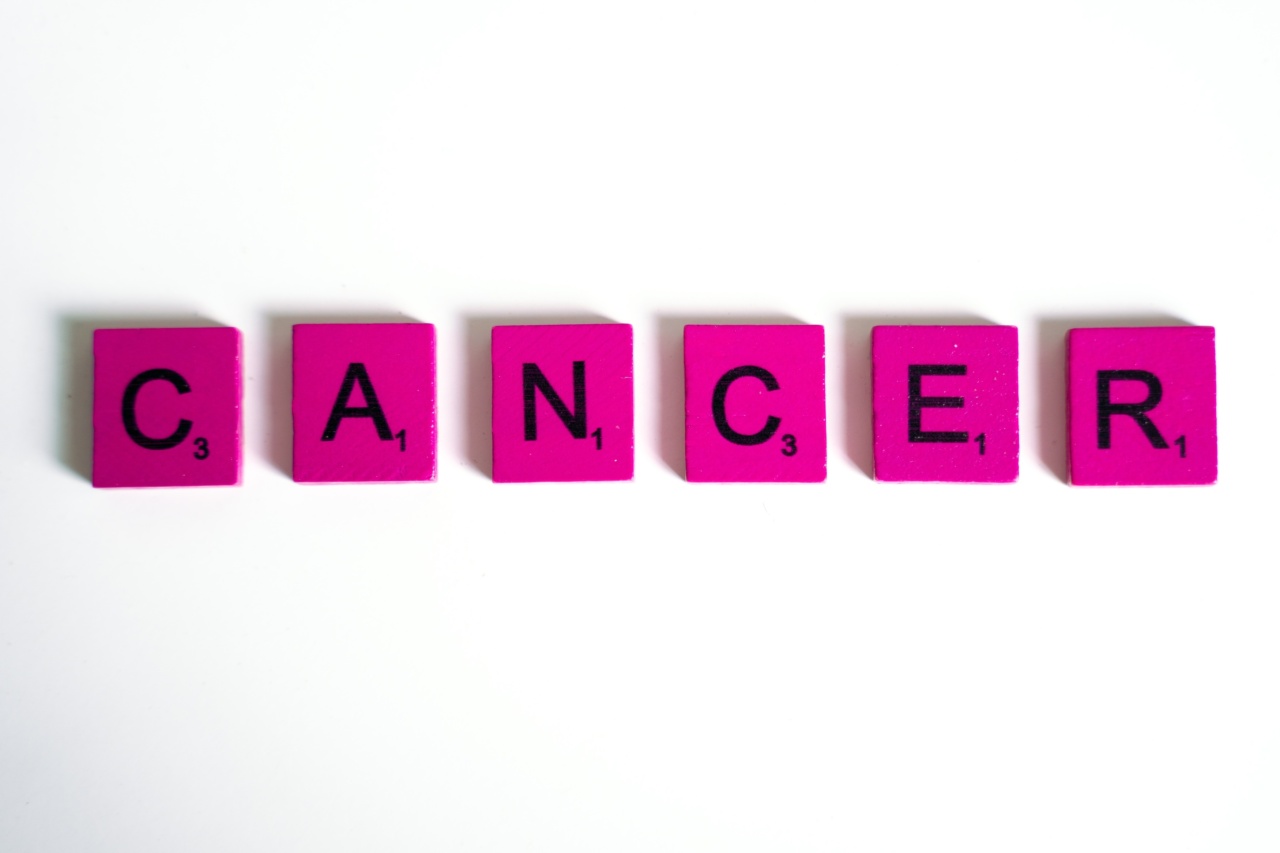Cinnamon is a popular spice derived from the bark of trees from the Cinnamomum family. It is a common ingredient in many recipes and has been used in traditional medicine for centuries.
In recent years, there have been claims that cinnamon can prevent or even cure cancer. In this article, we will explore whether these claims are true and if cinnamon can indeed prevent any type of cancer.
What is cancer?
Cancer is a broad term that refers to a group of diseases characterized by abnormal cell growth and division. Cancer cells grow and divide uncontrollably, invading other tissues and organs.
There are many different types of cancer, including lung cancer, breast cancer, colon cancer, and prostate cancer. Cancer can be caused by a variety of factors, including genetic mutations, exposure to toxins and chemicals, and lifestyle choices such as smoking and poor diet.
What is cinnamon?
Cinnamon is a spice that comes from the inner bark of several trees from the Cinnamomum family. Cinnamon has been used for centuries as a flavoring agent in cooking, as well as in traditional medicine.
Cinnamon contains several compounds that are thought to have health benefits, including cinnamaldehyde, cinnamic acid, and eugenol.
Does cinnamon prevent cancer?
There is some evidence to suggest that cinnamon may have anti-cancer properties. Several studies have found that cinnamon extracts can inhibit the growth and spread of cancer cells in laboratory tests.
For example, a study published in the journal BMC Cancer in 2010 found that cinnamon extract was effective at preventing the growth of colon cancer cells in mice.
Another study published in the journal Nutrition and Cancer in 2016 found that cinnamon extract was effective at inhibiting the growth of breast cancer cells in laboratory tests.
However, it is important to note that these studies were conducted in vitro, meaning that they were done in test tubes or petri dishes, and not in living organisms.
There is currently no strong evidence to suggest that cinnamon can prevent or cure cancer in humans.
While some studies have suggested that cinnamon may have anti-cancer properties, these studies are still in the early stages and further research is needed to determine whether cinnamon can be used as a treatment for cancer.
Other health benefits of cinnamon
While there is no definitive evidence to suggest that cinnamon prevents cancer, there are several other potential health benefits of consuming cinnamon:.
- Cinnamon may help lower blood sugar levels in people with diabetes
- Cinnamon may help reduce inflammation in the body
- Cinnamon may help improve brain function and memory
- Cinnamon may help reduce the risk of heart disease
Cinnamon and cancer prevention
While there is no definitive evidence to suggest that cinnamon prevents cancer, incorporating cinnamon into your diet may still have potential health benefits.
Cinnamon is a flavorful and versatile spice that can be used in a variety of different recipes. Adding cinnamon to your diet may help you lower your blood sugar levels, reduce inflammation in the body, and improve your brain function and memory.
Additionally, many studies have suggested that a healthy diet that includes plenty of plant-based foods can help reduce your risk of cancer.
While cinnamon may not be a miracle cure for cancer, it is still a valuable addition to a healthy diet that may help improve your overall health and well-being.
Conclusion
While there is currently no strong evidence to suggest that cinnamon can prevent or cure any type of cancer, there are still several potential health benefits associated with consuming cinnamon.
Cinnamon is a flavorful and versatile spice that can be incorporated into a variety of dishes, making it an easy and enjoyable addition to any diet.





























